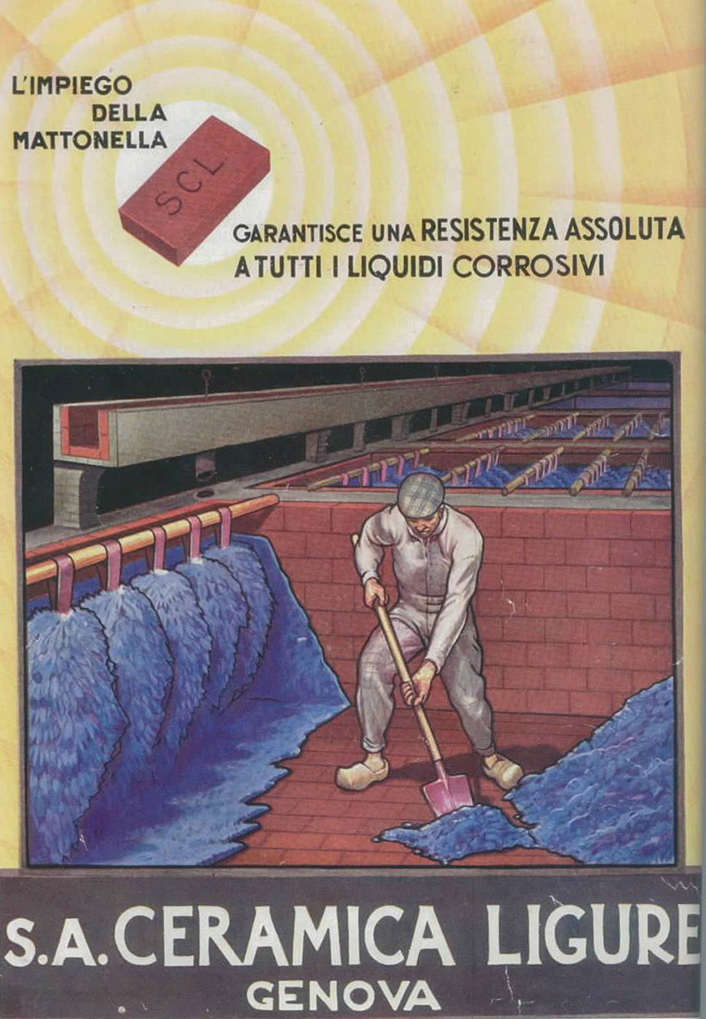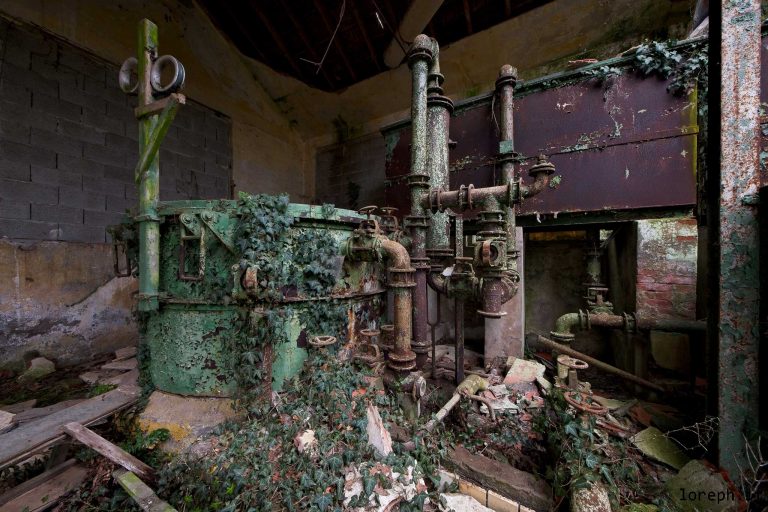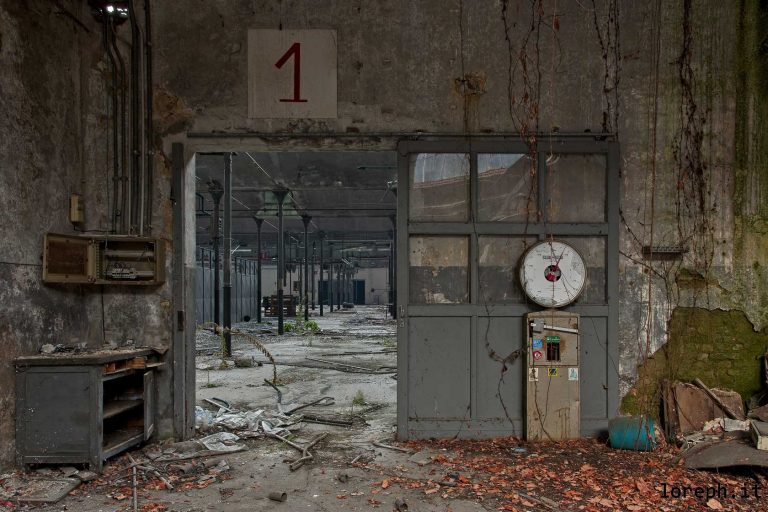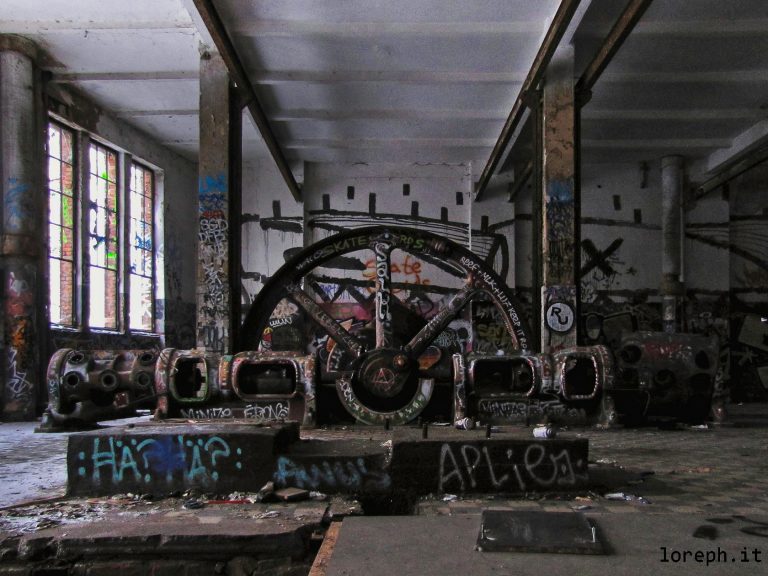CERAMICHE VACCARI [IT]
Exploration #177 Ceramiche Vaccari. Ceramiche Vaccari was founded at the end of the 19th century as a brickworks, but it was thanks to the Genovese businessman Carlo Vaccari, who realized the properties of the local clay, that its great development began with the production of ceramic stoneware and porcelain mosaics, the pride of Ponza’s industry and exported all over the world. This increase in production made it necessary to build a Hoffman kiln, an electric power station and mills for grinding clay. The first offices and buildings for the workers, which grew to 1300, were built. The Hoffman kilns were later replaced by tunnel kilns, which were cheaper and less polluting. The period of greatest production occurred after the war, but a liquidity crisis and bad management led to the closure due to bankruptcy in 1972. After this date, various owners followed one another, but they were unable to restore the fortunes of Ceramica Ligure and the last owner, the Austrian company Lasselsberger, was forced to close the business in 2006.
If you like this exploration you can also have a look to others abandoned industrial sites in Italy: Ceramica Pozzi.














